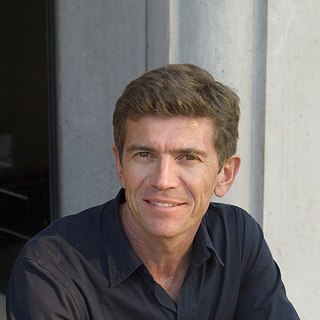A Quote by Leonard Woolf
Leonard Woolf in a letter to Lytton Strachey said he hated John Maynard Keynes "for his crass stupidity and hideous face".
Related Quotes
Wicksell's old-fashioned liberalism is reminiscent of John Maynard Keynes' attitude toward conscription during World War I. Keynes opposed conscription, but he was not a pacifist. He opposed conscription because it deprived the citizen of the right to decide for himself whether or not to join in the fight. Keynes was exempt as a civil servant from conscription; so there is no need to question his sincerity. Apparently his belief in the rights of the individual against a majority of his compatriots was very strong indeed.
Friedrich Hayek, who died on March 23, 1992 at age 92, was arguably the greatest social scientist of the twentieth century. By the time of his death, his fundamental way of thought had supplanted the system of John Maynard Keynes - his chief intellectual rival of the century - in the battle since the 1930s for the minds of economists and the policies of governments.
Fossil fuel is very seductive stuff. [John Maynard] Keynes once said that, as far as he could tell, the average standard of living from the beginning of human history to the middle of the eighteenth century had perhaps doubled. Not much had changed, and then we found coal and gas and oil and everything changed. We're reaping the result of that, both ecologically and socially.
Fascism entirely agrees with Mr. Maynard Keynes, despite the latter's prominent position as a Liberal. In fact, Mr. Keynes' excellent little book, The End of Laissez-Faire (1926) might, so far as it goes, serve as a useful introduction to fascist economics. There is scarcely anything to object to in it and there is much to applaud.
I don't think that much change comes from economists. I think it comes more from political realities. Probably the two giants of the 20th century, who actually did shift government policy in the U.S. and around the world, were John Maynard Keynes and Milton Friedman. I don't see anybody in our system who is at that level of influence.
For centuries, economic thinkers, from Adam Smith to John Maynard Keynes, have tried to identify the elusive formula that makes some countries more prosperous and successful than others. My curiosity about this topic spurred me, as a young professor of economics in the late 1970s, to research new ways of measuring national competitiveness.
Leonard Aster thanked Fighting Prawn and the Mollusk tribe for their hospitality. “You mean,” said Fighting Prawn, “for not killing you?” “Yes,” said Leonard. “It was very gracious of you.” “Do you,” said Leonard, “I mean, does you tribe, shake hands?” “No,” said Fighting Prawn. “We kiss on the lips.” “Oh,” said Leonard, looking very alarmed.
The idea of confidence, of the emotions of the population, is an incredibly important one in economics. John Maynard Keynes called it 'animal spirit.' And if people are feeling generally good about the future, they're more likely to spend money, to start new companies; companies are more likely to hire people, make investments.


































